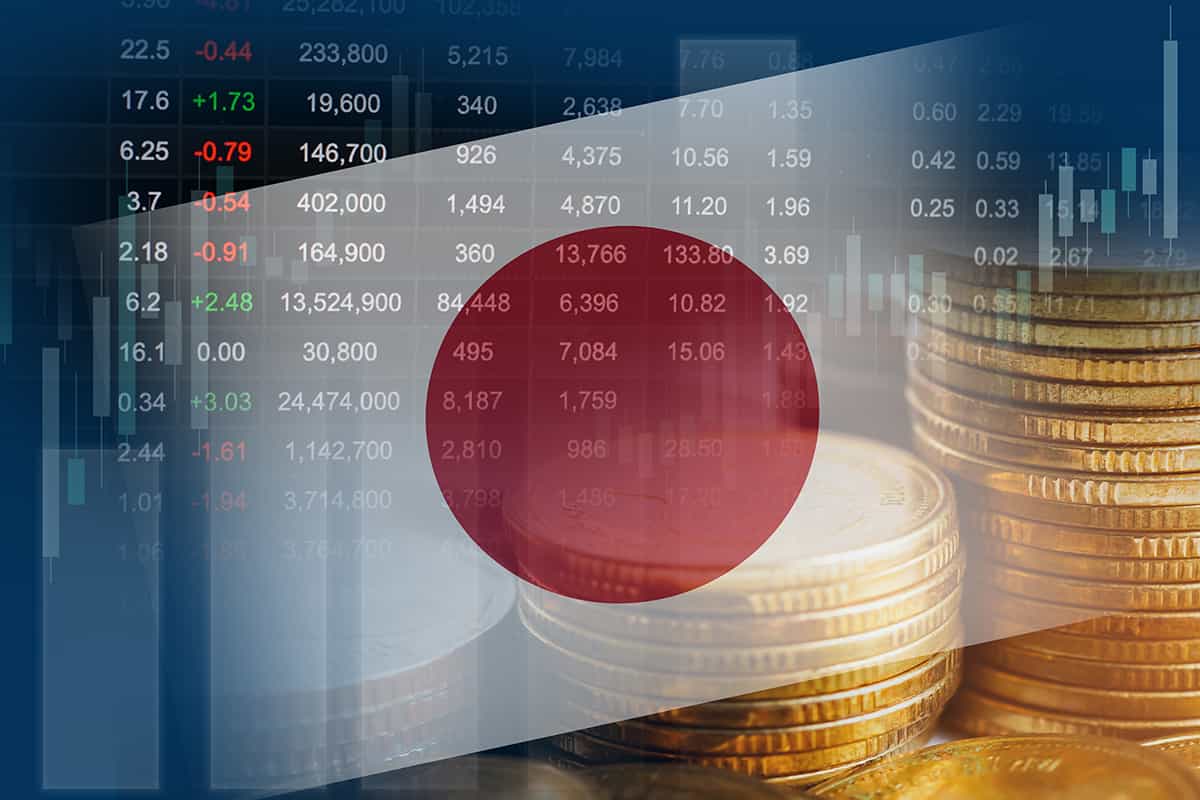Nippon Steel’s United States Seal deal suggests the new wave of Japanese acquisitions is more than a blip.
Japanese giant Nippon Steel Corporation unexpectedly found itself awash in controversy in December when it announced a blockbuster deal to acquire its iconic American rival, United States Steel (USS), in a transaction valued at $14.9 billion. Heading into a general election year, the news prompted a protectionist backlash from unions, several key US lawmakers, and ex-President Donald Trump, which has continued as it awaits regulatory approval.
For some, Nippon Steel’s bid brought back memories of the late 1980s, when acquirers flush with cash and riding high on the Japanese bubble economy, scooped up trophy properties like Rockefeller Center and Columbia Pictures. Making it further attention-grabbing, the deal, at $55 per share, was worth $20 more than the next largest bid, by US-based Cleveland-Cliffs, for a startling 14.2% premium.
Was this merely a Japanese variation on the opportunistic deals that private equity firms have been launching in the US for years, and which have often resulted in the dismantling and selloff of yet another classic American brand?
Not if you look at the pattern of Japanese acquisitions since the bubble deflated, say some close observers who have worked with Japanese companies. Deals like Mitsubishi Chemicals’ purchase of Lucite (2008), Suntory Holdings’ acquisition of Jim Beam (2014), and Mizuho Financial Group’s purchase last July for $550 million of Greenhill & Co., to name three of the more prominent, were strategic acquisitions designed to increase the acquirer’s presence in its industry and in the US and other markets, not generate a fast buck.
The Greenhill deal prompted reports in the Financial Times and elsewhere that other Japanese companies were in the hunt on the other side of the Pacific. Interest in outbound deals was already picking up prior to the Covid pandemic, when they totaled more than $77 billion in 2019; over the past year, the Greenhill and now the USS deal suggest the pace is picking up again.
“Japanese companies realize they need to be thinking like global companies,” says Rochelle Kopp, managing principal at Japan Intercultural Consulting in Tokyo. “The Japanese market is not growing due to population decrease, so they want to be involved in markets with a higher growth potential than Japan.”
Should Nippon Steel succeed in closing its deal for USS, Kopp predicts, it’s “likely to make significant investments of cash and human resources into USS and actively be trying to expand its US business.” That being the case, Nippon Steel’s willingness to pay up for USS makes more sense, she argues.
Nick Wall, a partner with international law firm Allen & Overy in Tokyo, questions whether the transaction really would be overpriced for a Japanese acquirer, however.
“Yen-based debt is very available and very cheap,” he notes, and financing for the purchase was announced at the end of January from three Japanese megabanks: Sumitomo Mitsui Financial Group, Mitsubishi UFJ Financial Group, and Mizuho Financial Group. “If the price of financing is in the 1% to 1.5% range, then the premium overall becomes a lot more reasonable.”
Another factor favoring strategic acquisitions by firms like Nippon Steel is the value of the yen itself, which has trended down to the range of 110 to the dollar from its longtime level of about 150. “That makes deals more expensive,” says Wall, “but the flip side is that for a company with a long-term view, buying a revenue stream in dollars or another major currency is very attractive.”
A further attraction at a time of rising economic nationalism in the US is the desire to increase their physical manufacturing presence there. “It’s a very important market for these companies,” Wall notes, which will want to secure their share of it going forward.
It doesn’t hurt, either, some observers have noted, that they are not Chinese companies, which have borne the brunt of American suspicion in recent years.
Still, Nippon Steel has the handicap of asking regulators to bless its USS purchase in highly charged election year. “There are a lot of political headwinds,” Kopp observes, “and if politics scuttles this, it could discourage other Japanese companies coming into the US.”




